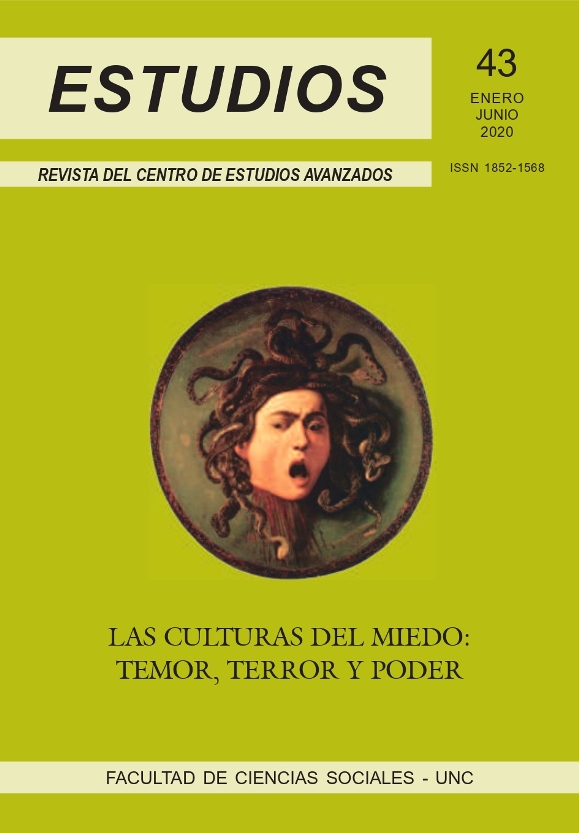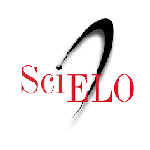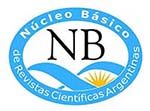Think fear. Myths, art and politics
DOI:
https://doi.org/10.31050/re.vi43.27950Abstract
This work addresses fear as a cultural construction and as a strategy of power. The appearance of certain subjects linked to fear sustains part of the network of our violent societies, uncertainty, what can be perceived as tremendous or as excessive. Imaginary threats become real and real threats are exacerbated in the social imaginary. What fears do men and women of the western world have nowadays in their daily lives? They fear terrorism, climate change, immigrants, also what is called "insecurity", the misuse of technology, the fragility of political and economic systems. The fragility of democracy. Each group, each country, puts the accent on any of them. Latin America is not deprived of any of these fears. Exemplifying texts from Latin American culture, we try to understand how fear works, why it is exacerbated in certain historical moments, in what mythologies and traditions it is protected, what its policies are and how it is expressed in certain types of artistic texts.
Downloads
Published
Issue
Section
License
Aquellos autores/as que publiquen en esta revista, aceptan los términos siguientes:- Los autores/as conservarán sus derechos de autor y garantizarán a la revista el derecho de primera publicación de su obra, el cual estará simultáneamente sujeto a la Licencia Creative Commons Atribución-NoComercial 4.0 Internacional que permite a terceros compartir la obra siempre que se indique su autor y su primera publicación esta revista.
- Los autores/as podrán adoptar otros acuerdos de licencia no exclusiva de distribución de la versión de la obra publicada (p. ej.: depositarla en un archivo telemático institucional o publicarla en un volumen monográfico) siempre que se indique la publicación inicial en esta revista.
- Se permite y recomienda a los autores/as difundir su obra a través de Internet (p. ej.: en archivos telemáticos institucionales o en su página web) luego del proceso de envío, lo cual puede producir intercambios interesantes y aumentar las citas de la obra publicada. (Véase El efecto del acceso abierto).












